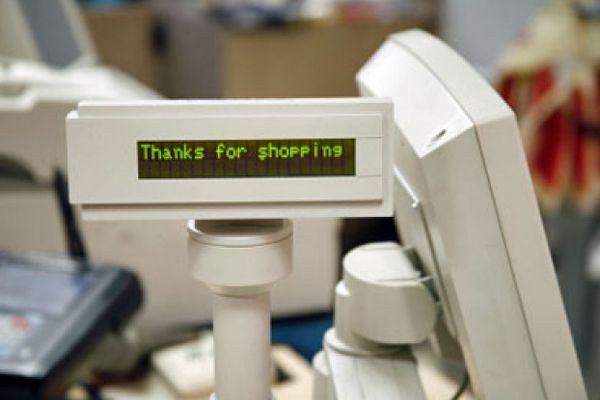Whether you're looking to clean out your closets and make a few bucks, turn a hobby of collecting into a profitable venture for extra income or establish a small business as a primary source of income, eBay offers an excellent way to make money by selling stuff.
Originally called AuctionWeb, eBay made its debut online in 1995, when founder Pierre Omidyar offered a broken laser pointer for sale and found a collector to purchase it. Today, eBay is the world's largest online marketplace with more than 97 million active users around the globe. The total value of goods sold on ebay in 2010 was $62 billion, or more than $2,000 in sales every second. With more than a million people worldwide depending on eBay as their primary or a secondary source of income, it's no wonder the Web site is such an attractive marketplace for those looking for some extra cash, as well as for entrepreneurs, and seasoned business owners [source: eBay, Inc].
Advertisement
The potential for making money on eBay looks promising, as the overall volume for online retail sales increased 13 percent in 2010 and is expected to keep growing. Consumers are attracted to online shopping because of the wide selection of products, round-the-clock access, the convenience of shopping from home, and the competitive pricing. And as eBay offers more online marketing and customized offers to attract both buyers and sellers, its reputation as a marketplace where consumers can find exceptional value and unique merchandise should continue to grow [source: Standard & Poor's].
Getting started on eBay is easy. Many eBay sellers have started small by selling a few items they weren't using, then discovered the fun and profitability of running a business online. Some have turned to eBay to fulfill a dream of owning a business or setting up a retail empire, while others are use eBay to expand an existing brick-and-mortar business online. The benefits of starting a business on eBay are many: There's no need to raise start-up capital, build up inventory or rent the right location.
Finding something to sell is as easy as deciding to declutter your basement or part ways with your doll or baseball card collection. Some eBay sellers offer items they've made, such as paintings, crafts, or even patented items or machinery, while others source unique items from overseas or from wholesalers. You can start small, with one or two clay pots or holiday ornaments, or on a larger scale with dozens of silk scarves or an inventory of hand tools.
Read on to learn more about making money on eBay.
Advertisement




